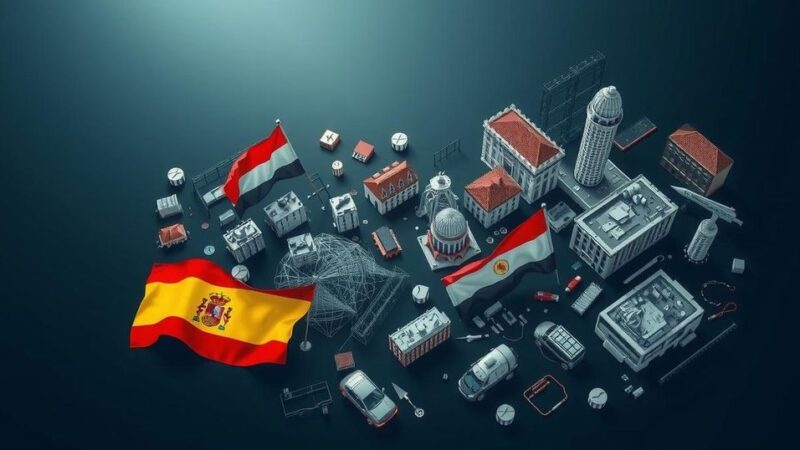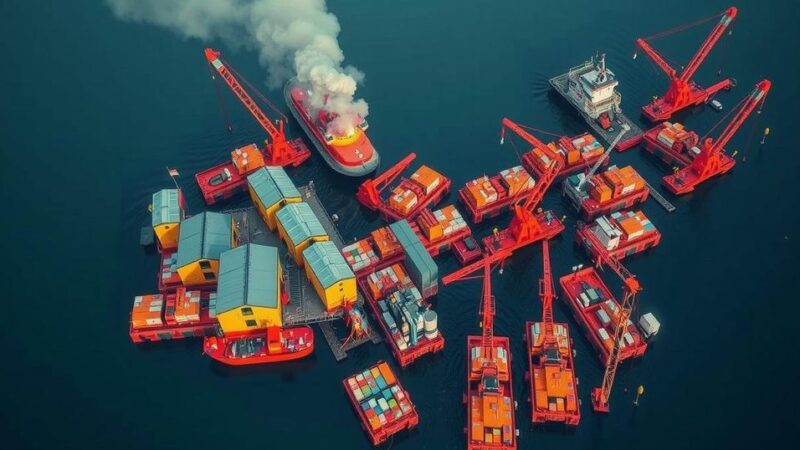The EBID aims to sustain its financial partnerships with Mali, Niger, and Burkina Faso despite the countries’ intent to withdraw from ECOWAS. EBID President Dr. George Agyekum Donkor highlighted the importance of these relationships during the Bank’s recent Board of Directors session, noting the financial compliance of these nations and asserting that repayment obligations will remain unaffected by political decisions.
The Economic Community of West African States (ECOWAS) has encountered political challenges; however, the ECOWAS Bank for Investment and Development (EBID) remains resolute in its commitment to uphold financial partnerships with member states Mali, Niger, and Burkina Faso. These nations, having initiated procedures to withdraw from ECOWAS, are also members of a newly established coalition known as the Alliance of Sahel States (AES). In a statement made by Dr. George Agyekum Donkor, President of EBID, during the Bank’s 89th Ordinary Session of the Board of Directors on October 1, 2024, held in Lomé, he emphasized the enduring commercial relations EBID enjoys with these nations, despite the existing political discord. Dr. Donkor remarked, “The Bank maintains strong commercial relations with them, despite political tensions”. He acknowledged the financial fidelity of these nations, noting, “Burkina Faso, for example, is up to date with its loan repayment obligations, and Niger has also begun to repay its debts”. He further noted that any decisions made by these countries regarding ECOWAS should not influence their repayment duties, asserting, “the Bank remains a financial and not a political institution”. This approach complements Togo’s initiatives to enhance cooperative efforts, particularly in customs, with the AES members. Established in 1999, EBID had an authorized capital of $3.5 billion by the close of 2023, with a significant 70% derived from regional investors among the 15 ECOWAS member states. The AES contributes 6.29% toward this capital, in contrast to Nigeria’s substantial 31.24%, Ghana’s 15.71%, and Togo’s 3.43%.
The relationship between the ECOWAS and its member states has been strained due to various political upheavals, particularly affecting countries like Mali, Niger, and Burkina Faso. As these nations explore the option of distancing themselves from ECOWAS, they have formed the Alliance of Sahel States (AES), indicating their desire for strategic autonomy. Amid these transitions, the EBID seeks to maintain robust financial collaborations, indicating a clear separation between financial obligations and political alliances. Particularly as these states have demonstrated diligence in their financial commitments, this ongoing relationship is poised to further Togo’s endeavors in enhancing regional trade and economic collaboration.
In conclusion, the EBID stands firm in its intention to preserve financial partnerships with Mali, Niger, and Burkina Faso, regardless of their political maneuvers within the ECOWAS framework. This commitment is underpinned by the dedication of these nations to uphold their loan obligations, demonstrating that financial relations can endure despite political alterations. The Bank’s focus on maintaining its role as a financial institution rather than a political entity lays the groundwork for continued economic cooperation and regional stability.
Original Source: www.togofirst.com






